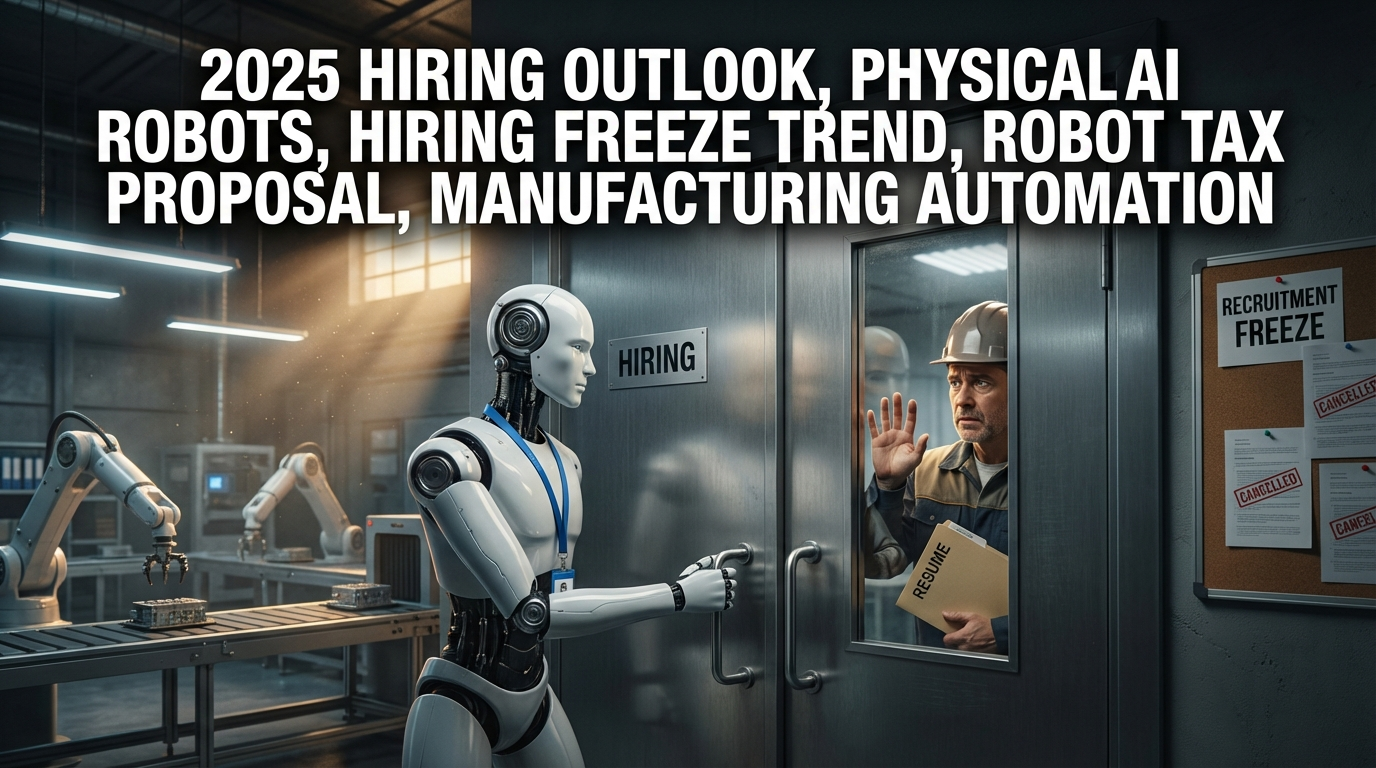1. The Necessity of AI Adoption and CEO Perspectives
Four out of five (approximately 80%) global CEOs recognize the potential benefits of AI technology and are seeking to leverage it to drive business innovation and gain a competitive edge. AI is considered a crucial catalyst for achieving various objectives, including improved efficiency (69%), accelerated innovation (68%), and securing a competitive advantage (54%).
However, many CEOs cited internal decision-making processes and infrastructure gaps as major obstacles to AI adoption. A staggering 74% reported that a lack of knowledge within the board of directors leads to delays or limitations in decision-making, highlighting the need for a faster and more sophisticated approach to AI adoption.
2. Major Obstacles to AI Adoption
The main challenges faced by CEOs during the AI technology adoption process are as follows:
① Technology and Infrastructure Gaps
- A lack of IT and network infrastructure leaves companies lagging behind their competitors. This research showed that over 70% of CEOs reported experiencing losses due to these gaps. Some hesitate to make decisions due to anticipated losses.
② Lack of Technical Talent and Employee Capabilities
- A shortage of AI-related professionals and limitations in employee capabilities are cited as another reason hindering innovation.
③ Security Risks
- As AI technology is adopted, the risks of data management and network security are likely to increase, making it crucial to address these issues immediately.
④ Concerns about Costs
- 53% of CEOs worry about market share decline and reduced productivity if adequate investment in technology is not made. This makes investment decisions in technology even more difficult.
3. Solutions Proposed by CEOs
To address key AI-related issues and enhance competitiveness, CEOs are advocating for the following strategies:
① Collaboration with Reliable Partners
- Approximately 96% of CEOs emphasized the need to accelerate AI technology adoption through collaboration with external partners. This goes beyond simply adopting technology to include assistance with long-term strategy development and implementation.
② Modernization of IT Infrastructure
- Modernizing outdated networks and IT systems is essential. This includes not only physical equipment upgrades but also continuous improvement based on technologies such as cloud computing.
③ Employee Empowerment and Internal Collaboration
- Company-wide capacity building is crucial for effective AI utilization. Efforts are needed to reduce the skills gap among employees and increase work productivity through training programs.
④ Strengthening Cybersecurity Measures
- Stronger network security systems are needed to mitigate potential security risks associated with AI adoption. This will contribute to protecting customer data and ensuring the safety of AI technology.
4. Cisco's Recommendations for Competitive Advantage
According to Cisco's announcement, the gap between companies that successfully adopt AI and those that don't will widen significantly in the future. Companies that quickly build future networks and establish a sustainable technological foundation are more likely to secure long-term market leadership.
Cisco Vice President, Gitu Patel, emphasized the importance of speed in technology adoption, stating that "speed determines the winner," highlighting the importance of leadership that adapts to change.
Oliver Tuszik, EMEA President, also noted that "AI is central to business innovation, operational simplification, and responding to digital transformation, and reliable partners make this possible."
5. Practical Implications: Action Roadmap for AI Adoption
- Accelerate Decision-Making within the Organization: Clearly communicate the need for AI adoption across the board and simplify the decision-making structure.
- Establish Short-Term and Long-Term Roadmaps: Clearly define the goals of technology adoption and adopt a phased approach, starting small and scaling up.
- Strengthen Technology Investment: Clearly analyze the cost of AI adoption against opportunity costs and strengthen competitiveness through long-term investment.
- Build Partnerships: Selecting companies with expertise in AI utilization as partners is important to increase the efficiency of technology adoption.
- Upgrade Security and Data Management Systems: Strengthening data and system security related to AI is absolutely necessary to build trust.
Conclusion
AI is an indispensable core technology in current and future business competition. However, to effectively utilize it, it is necessary to prepare for challenges such as technological gaps, decision-making barriers, and security issues. It's no longer enough to simply adopt AI; companies must use it to realize their vision and prepare for a new future. Remembering that AI adoption can determine a company's survival, it's crucial to implement a roadmap urgently.
*Source URL:
https://zdnet.co.kr/view/?no=20250212114611



